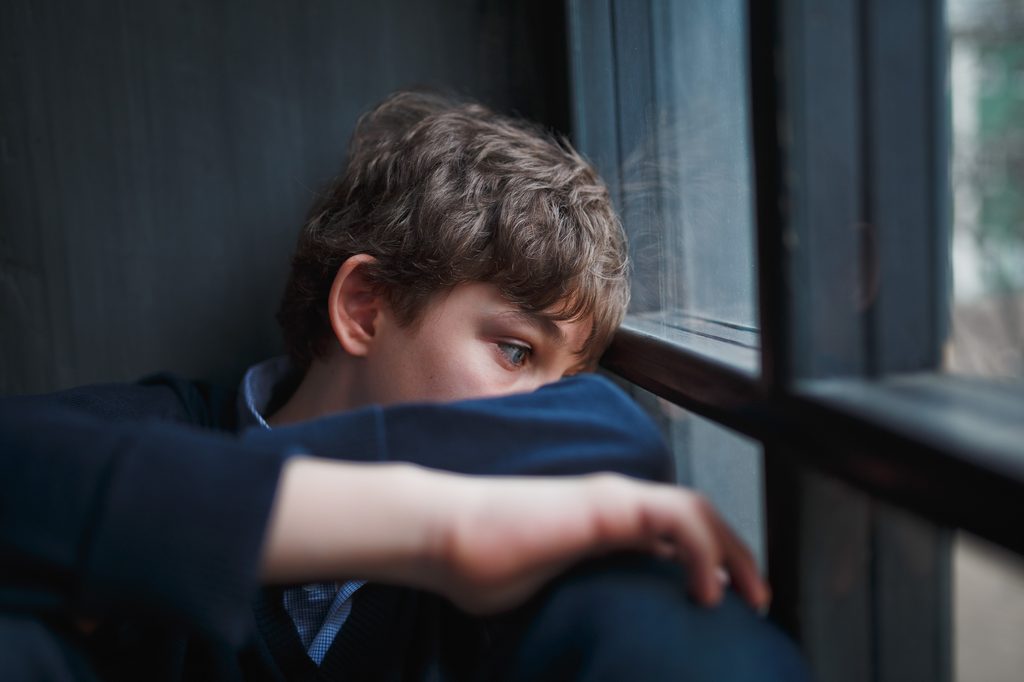
You may not be familiar with the term “parentification,” but you’re probably familiar with the concept. In typical families, it’s the parents who are the caregivers for children of all ages, but in some families, the responsibility of caring for younger siblings may sometimes fall on the shoulders of older siblings. This is known as parentification, and here are some examples of behavior all parents need to avoid.

What is parentification?
Parentification is when a child, typically a teen, has to assume roles in the family that the parents would typically assume. “Parentification occurs when parents look to their children for emotional and/or practical support, rather than providing it,” Newport Academy states, adding that, “Hence, the child becomes the caregiver.” Not only do older children have to assume these responsibilities before they’re even prepared to do so, but the parents often don’t acknowledge this is happening.

What are the signs of parentification?
According to Embark Behavioral Health, there are two different types of parentification: emotional and instrumental. The signs of both types of parentification are similar, and parents need to know what they are to avoid them.
Signs of instrumental parentification include:
- Caring for family members, including siblings and grandparents
- Becoming responsible for household chores, including cooking and cleaning
- Working a part-time job to contribute to the household finances
- Performing other household tasks typically done by a parent
Signs of emotional parentification include:
- Becoming a sounding board for parents who vent their problems and issues
- Having to mediate between parents or other family members
- Providing emotional support for parents

Parent vs. sibling parentification
As Newport Academy points out, in addition to instrumental and emotional parentification, there can also be parent-focused parentification and sibling-focused parentification. Just as the names describe, this finds the child or teen having to care for the parent or being forced to assume responsibility for their siblings.

Why does it happen?
There are many reasons why parentification happens, often depending on the circumstances of the household. “It typically unfolds because the parent is experiencing some form of physical or emotional impairment that impacts their ability to assume the role of reliable and predictable caretaker,” Dr. Aude Henin explained to Parents. This could be the result of mental illness, addiction, financial insecurity, disability, or a sudden change in circumstances around the house, such as the death of a family member or sibling.

How does parentification impact the child?
Parentification can impact children differently as they grow up; however, experts have found that anxiety, depression, feelings of inadequacy, aggression, mental illness, and substance abuse are common traits found in children who live through parentification. Parents note that some effects of parentification aren’t all negative, with some exhibiting strong caregiver tendencies as well as increased empathy and emotional intelligence.
Parentification is different than giving your children chores or forging a relationship where both parent and child talk openly about their feelings. Parentification is when the child in the family becomes responsible for things that a parent would normally be responsible for.




